Sustainability and transformation of the energy system
The ecological crisis has been moving further up the list of pressing problems facing humanity for decades – not only because of climate change but also due to the loss of biodiversity, sinking groundwater levels, the degradation of arable land, and the pollution of the oceans. Despite all the commendable progress in the efficiency of modern technology and all the efforts made so far, such as in the German energy transition, the crisis is far from being overcome. Creative approaches and new thinking are needed, also for better use of scarce resources as part of a circular economy. The concept of sustainability points to ways to ensure that future generations can still meet their needs. However, it must be laid down for every individual issue.
The importance of sustainability in our daily lives and its practical implementation in the international community is one of the central research fields at ITAS. The Institute has developed a special integrative concept for sustainability assessment. Sustainability is also at the heart of real-world lab research, orients our research on the reorganization of economic processes toward renewable raw materials (bioeconomy), and guides ITAS’s research on new technologies and transformation paths for the energy system. ITAS also explores fundamental ethical aspects of sustainability.
Real-world lab research
Real-world lab research and development is the subject of numerous projects at ITAS and is characterized by its transdisciplinary nature. The District Future – Urban Lab, for example, was established in 2012 as one of the first real-world labs in Germany. There, in addition to the development of methods, ITAS carries out real-world lab projects, such as Energy transformation in dialogue for the participatory and sustainable design of our future energy system or Universities in society on a culture of sustainability at universities. The Karlsruhe Real-world Lab for Sustainable Climate Protection (KARLA), which implements transformation experiments in Karlsruhe with more than 30 partners, also works on this topic. A further key element is the Karlsruhe Transformation Center.
Society and energy transition
The work of ITAS aims at dynamically embedding the energy transition in social, economic, environmental and technological contexts. Thereby the perception of the society is a decisive factor. The researchers of the institute adopt a holistic perspective and involve a wide range of stakeholders. For example, they are assessing transformation pathways for sustainable regional energy systems (ENSURE), develop scenarios for the pan-European exchange of energy (eXtremOS) or for remote regions (e.g. in Mexico and Brazil) to overcome poverty.
Additionally, the transformation of local energy systems by integrating wastewater and solid waste infrastructures is in the focus (RUN). Furthermore, the researchers are working on a stronger anchoring of sustainability aspects in engineering education (NaProIng). They support the implementation of the European Commission's Strategic Energy Technology Plan (SUPEERA) and are working on sustainable raw material supply chains for solar cells.
Bioeconomy
In the field of bioeconomy, ITAS evaluates the energetic and material use of agricultural and forestry residues (Energy System 2050) or products made from algae (PHOTFUEL, ABACUS). In addition to ecological, social, and economic aspects, the focus is on the sustainable use of resources and closed cycles (ALG-AD). The resilience of urban forests and their contribution to livable cities is being studied by researchers in the GreenLung project.
Sustainability assessment
The Integrative Concept of Sustainable Development (ICoS) developed at ITAS formulates three overarching sustainability goals: securing human existence, maintaining society’s productive potential, and preserving society’s options for development and action. To achieve these goals, it is important to equally consider and integrate social, ecological, and economic aspects. A particular scientific challenge is the (further) development and application of integrative assessment methods that do justice to the complexity of the application contexts (e.g., the energy system).
Experts
- Bioeconomy and renewable energy sources:
Dr. Christine Rösch - Concept of sustainability:
Jürgen Kopfmüller - Ethics and sustainability:
Prof. Dr. Dr. Rafaela Hillerbrand - New storage technologies and energy networks:
Dr. Manuel Baumann - Power to fuels & chemicals:
Dr. Andreas Patyk - Raw materials for the energy transition and recycling:
Dr. Marcel Weil - Real-world lab research:
Dr. Oliver Parodi - Society and energy transition:
Dr. Witold-Roger Poganietz - Multi-criteria decision analysis (MCDA) for sustainability assessment:
Dr. Martina Haase - Sustainability and social inclusion:
Dr. Maryegli Fuss - Urban forestry and ecology:
Dr. Somidh Saha
Further contact
Jonas Moosmüller
Public relations
Tel.: +49 721 608-26796
E-mail
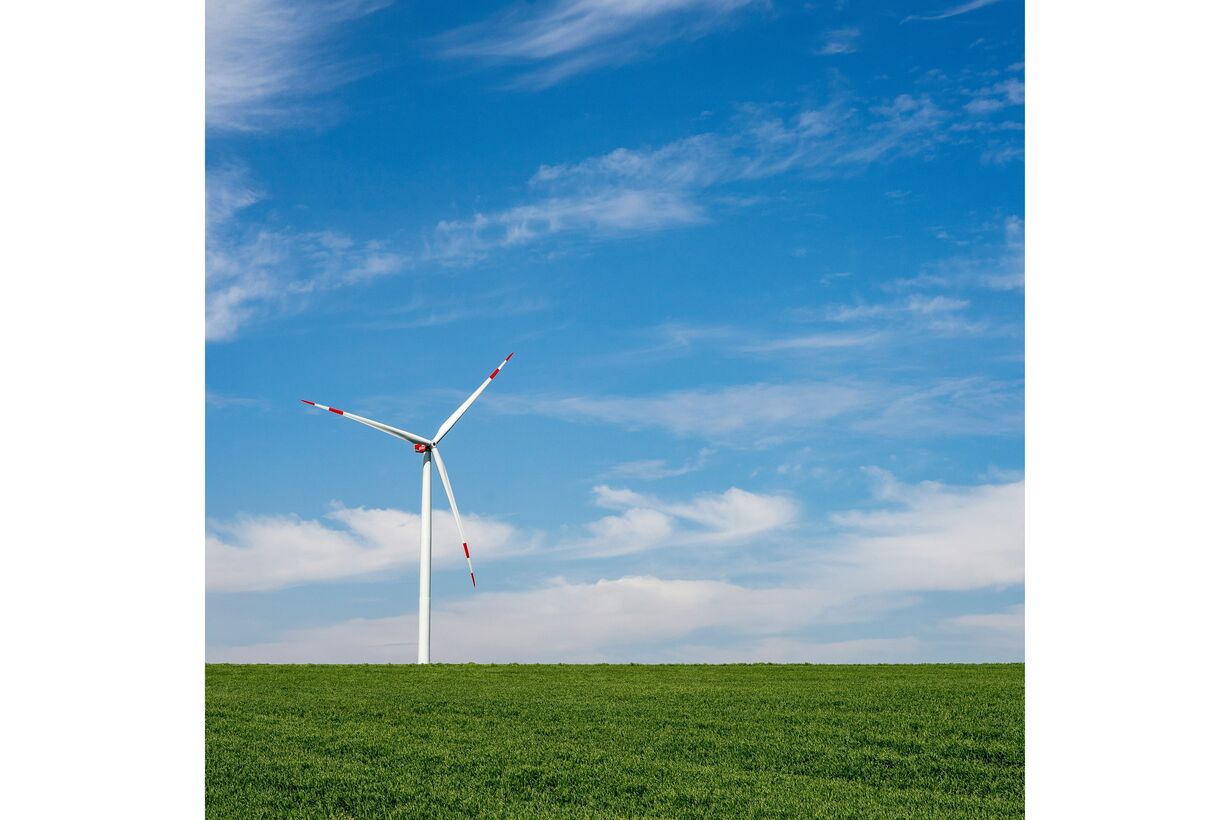
Connecting Initiatives for Rural Communities, Upscaling their Sustainable Energy
link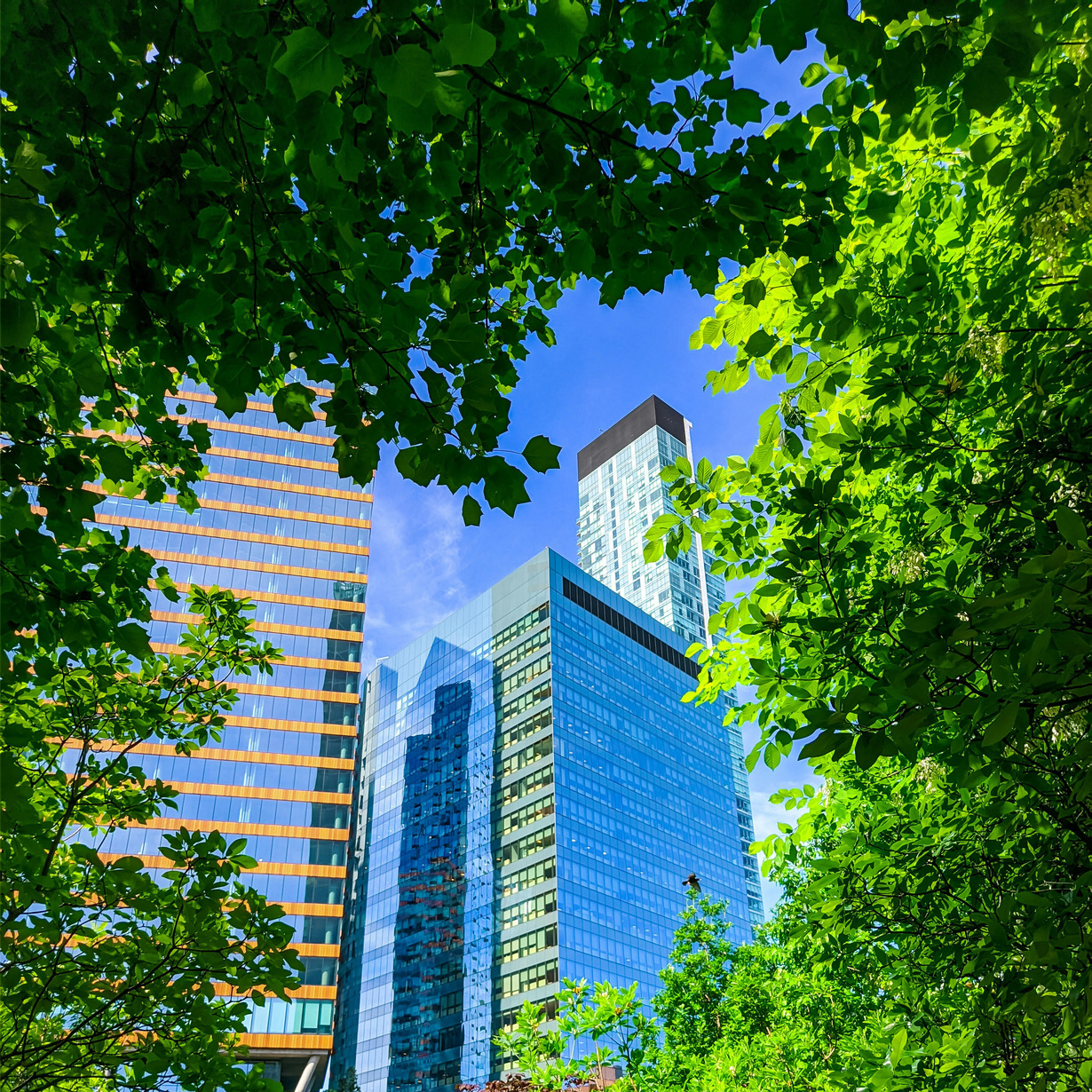
Developing a differentiated understanding of both existing and new financing options to the promotion of energy-efficient renovation of the housing stock
link
Prototypes of change addressing the housing-enery nexus
link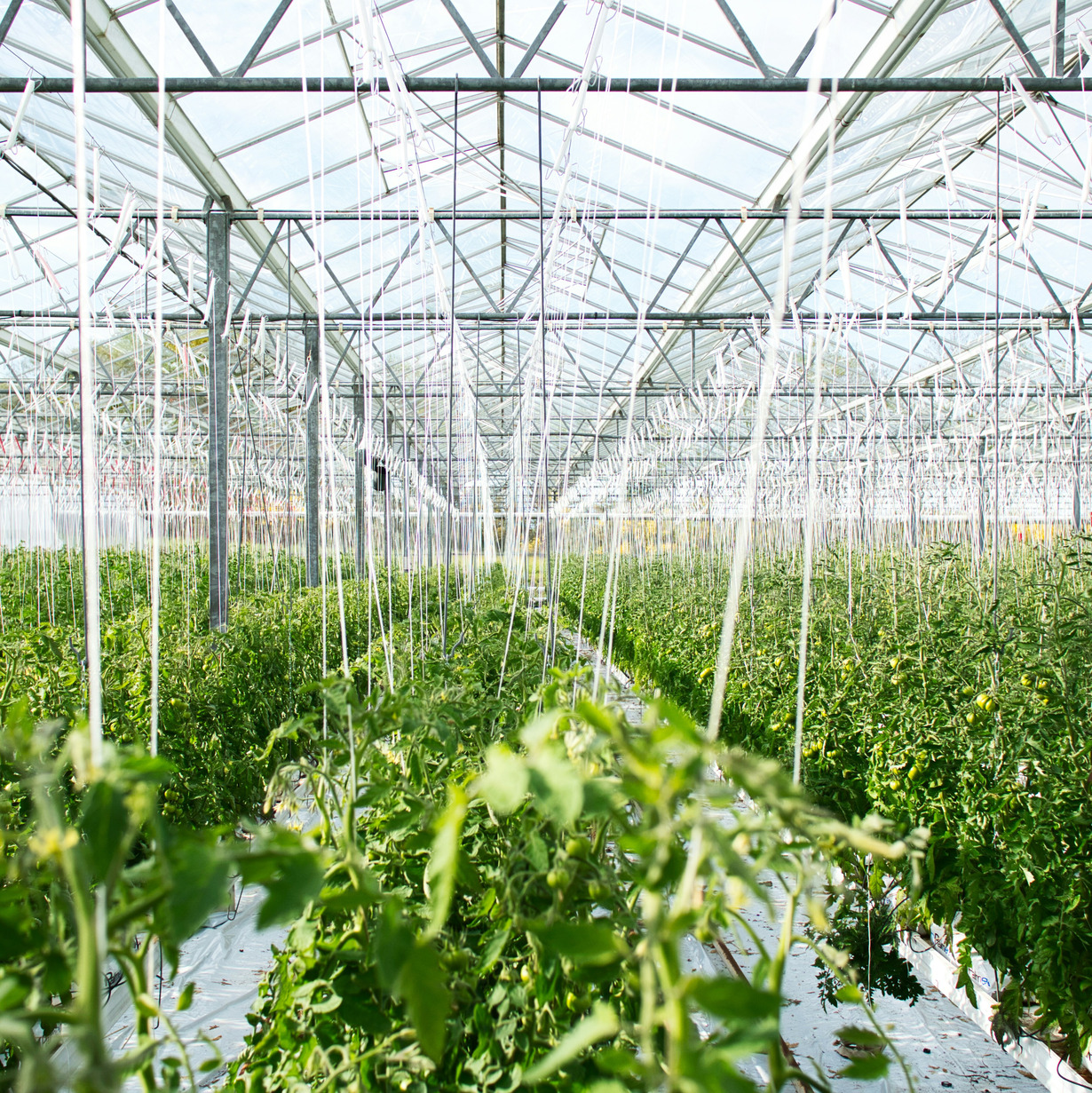
Using the example of innovations for communal catering in the Upper Rhine region
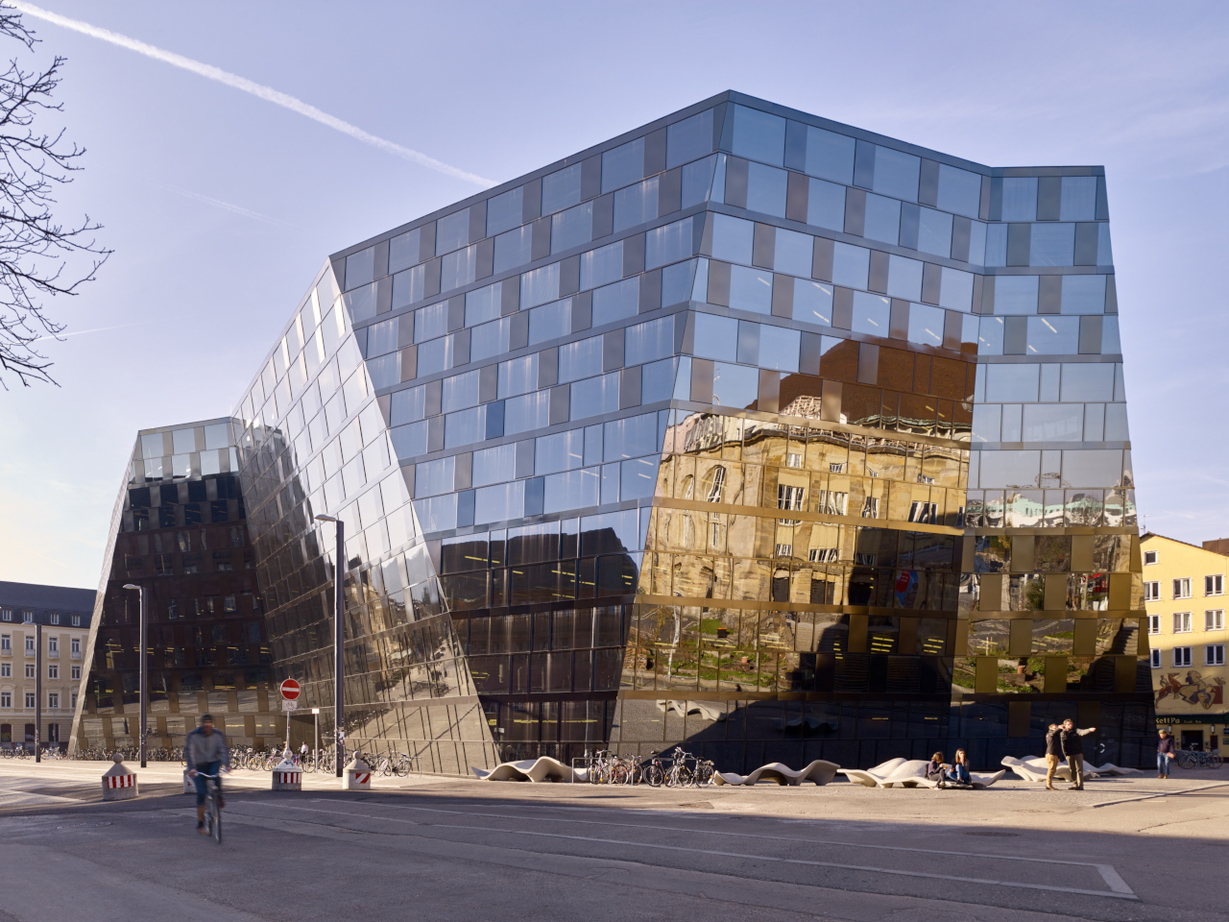
Implementing the recommendations of the Climate Citizens’ Council of the Freiburg region
link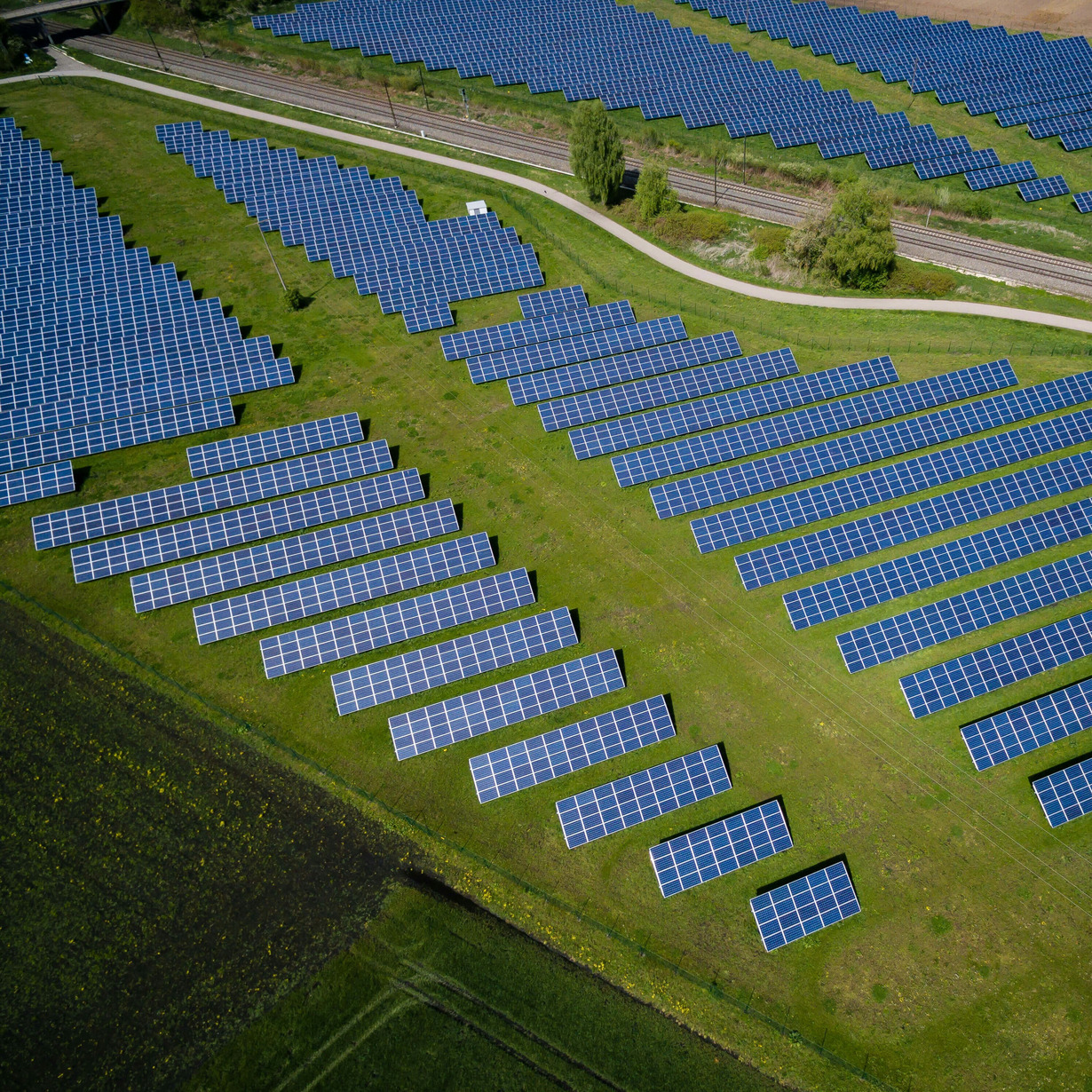
Research Infrastructure Services for Renewable Energy
mehr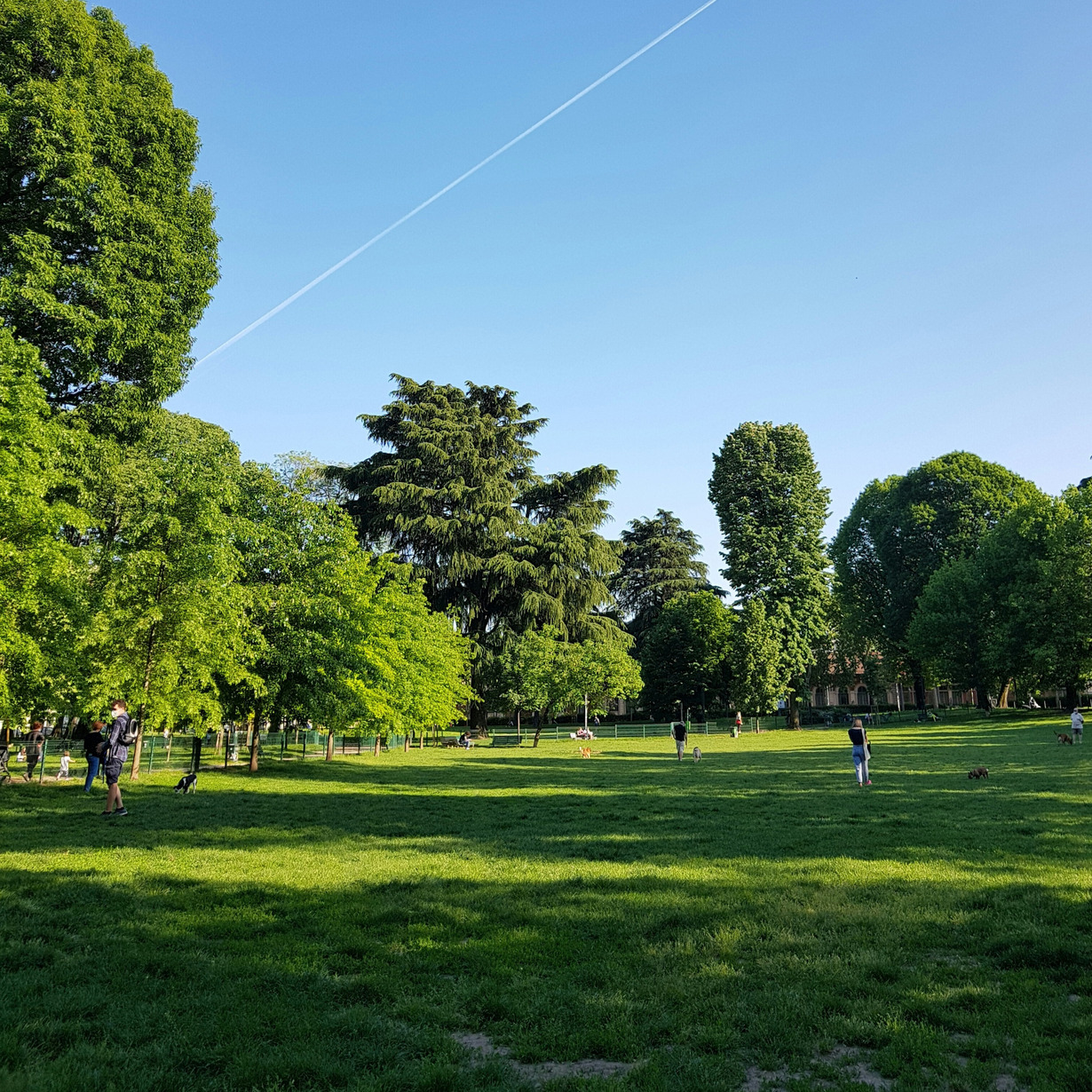
Inter- and transdisciplinary measures to reduce tree mortality for preserving ecosystem services in cities in the face of increasing drought, heat stress, and urbanization
mehrPublications on the topic
Multi-criteria analysis for energy planning in Ecuador: Enhancing decision-making through comprehensive evaluation
2025. Renewable Energy, 241, 122278. doi:10.1016/j.renene.2024.122278
Strategien für mehr bioregionale Produkte in der Gemeinschaftsverpflegung
2025. Zenodo. doi:10.5281/zenodo.15295241
Public participation GIS scenarios for decision-making on land-use requirements for renewable energy systems
2025. Energy, Sustainability and Society, 15 (1), Art.-Nr.: 18. doi:10.1186/s13705-025-00518-y
Evaluating the sustainability of restaurant supply chains: A case study of organic restaurants in urban Thailand
2025. Journal of Agriculture, Food Systems, and Community Development, 14 (3), 1–20. doi:10.5304/jafscd.2025.143.015
Agri-PV: Ist das wirklich das große Ding? Die Schattenseiten der Goldrandlösung
2024, June 18
Akzeptanz beschleunigt, Gesetze auch: Lenkt die Akzeptanzforschung überhaupt die Gesetze der Energiewende?
2024. FVEE-Jahrestagung "Die Energiewende mit Forschung beschleunigen", 08.-09.10.2024, 22–30, ForschungsVerbund Erneuerbare Energien (FVEE)

